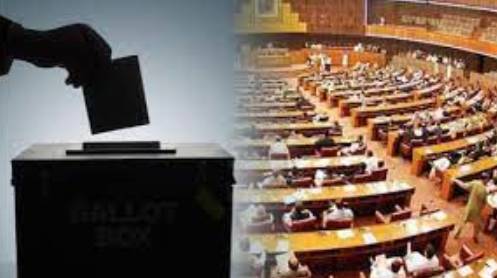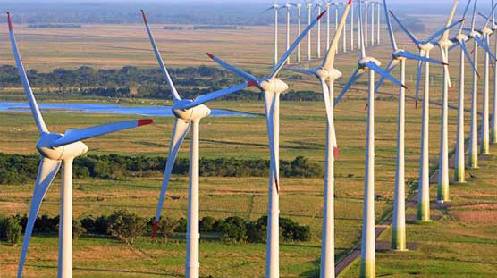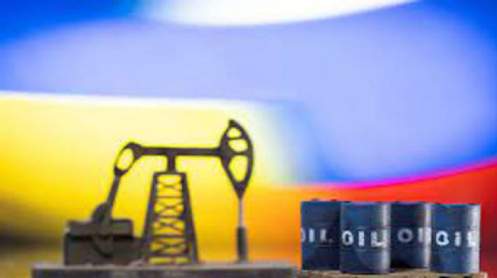Here’s an overview of how national elections work in the country:
• Pakistan operates under a parliamentary system, where elections are held for seats in both the federal legislature, known as the National Assembly, and the provincial legislatures.
• Approximately 128 million eligible Pakistani voters out of a population of 241 million have the opportunity to cast their ballots, provided they are above 18 years of age.
• On election day, voters select two representatives for their constituency: one for the federal legislature and another for the provincial legislature.
• A substantial number of candidates, totaling 5,121 for the federal legislature and 12,695 for provincial seats, vie for election.
• The National Assembly comprises 336 seats, with 266 determined through direct voting, while the remaining 70 seats (60 reserved for women and 10 for non-Muslims) are allocated based on party strength in the house.
• Winning candidates in the National Assembly become its members, and independent candidates have the option to affiliate with any party post-election.
• Following its formation, the National Assembly conducts a parliamentary vote to elect a leader, who assumes the role of the prime minister.
• To secure victory, a prime ministerial candidate must garner a simple majority in the house, equivalent to the support of at least 169 members.
• Upon winning the parliamentary vote, the chosen prime minister is sworn in, and subsequently appoints cabinet ministers to constitute the federal government.
• A similar process unfolds at the provincial level to elect a chief minister and form the provincial government.
In essence, Pakistan’s national elections determine the composition of its government at both the federal and provincial levels through a parliamentary voting system.
Pakistan’s Electoral Process: How National Elections Shape the Country’s Parliamentary Democracy





